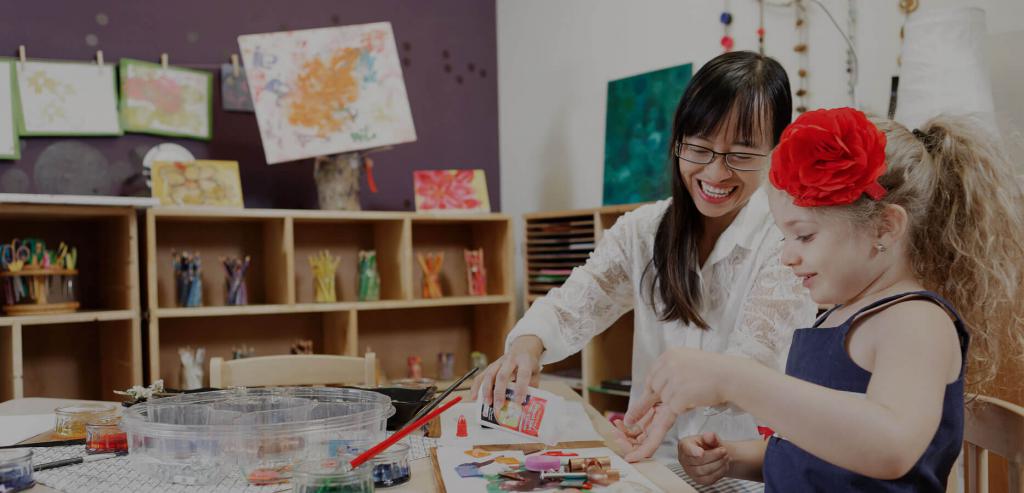Many parents experience discomfort when they mention the phrase “PMPK commission” in a conversation, but what it is usually either unknown or there is very superficial information. The abbreviation itself for any legal representative of the child already sounds threatening. Is it worth it to be afraid of passing the PMPK commission? Is it possible to do without it? What effect on the personal life of a child can this procedure have? The questions are serious and therefore require comprehensive answers.
Special children: how to relate to them?
Since the development of children occurs on an individual schedule, then different parents are faced with the need to examine the child at different intervals. Someone is required to undergo various kinds of commissions almost from birth, and someone visits them purely for a formal purpose and only once.
What does this state of affairs depend on? The answer is simple: from the health and harmonious development of the child, and they, in turn, from the health of the mother (endogenous factors in the perinatal period) and the characteristics of the environmental impact (composition of water, air, all kinds of irradiation, nutrition, appropriate care, etc. .).
Unfortunately, the disturbed ecological balance in the surrounding world primarily affects children. Often, quite healthy parents, who are looking forward to their first-born, are faced with an inexplicable, at first glance, phenomenon: their child is special. As practice shows, it is possible to predict the appearance of such a baby with a genetic analysis, but the infant receives many features in complicated births or obstetric errors (which are usually not advertised). But what happened, you can’t turn it back. Parents face the question: what to do next, who to turn for help to, and is it possible to fix something specifically in their case? In such a situation, the phrase “PMPK commission” pops up for the first time, what it is, parents will learn from the first days of the baby’s life. Is it good or bad?

What is the commission created for?
The Psychological-Medical-Pedagogical Commission (PMPK), no matter how scary this name may seem to be the legal representatives of the child, has as its goal timely assistance to parents in determining the individual development route of the child. Since the work of such organizations is based on a scientific basis and is strictly prescribed by legislative acts and methodological recommendations, the definition of limitations on the possibility of a child’s health is determined using diagnostic procedures (medical, psychological and pedagogical).
Naturally, the quality of the examination of minors directly affects their fate, therefore, the commission employs specialists with extensive experience in their field and the highest qualification category. Parents should also bear in mind that each member of the PMPC is personally responsible for the results of the examination of the child, therefore, a biased attitude towards the examined child or student is simply unacceptable. In controversial situations, a commission decision is always made in favor of the child.
Who directs children for examination
Referral to the PMPK commission can be obtained from various authorities: here it all depends on the time the problem was identified, as well as the presence of a pronounced developmental disorder, which is the cause of maladaptation of the baby and makes it impossible for the child to stay in a general institution. Who can inform legal representatives about the need for a diagnostic examination:
- newborns are usually referred by a pediatrician or specialist who has noticed the severity of the problem;
- kids attending kindergarten can be sent by specialists of this educational institution (speech therapist, psychologist, educator) or specialists who observe the development of the child (doctors of specialization: ENT specialist, ophthalmologist, optometrist, orthopedist, etc.);
- schoolchildren of all ages undergo examination at the suggestion of school specialists or attending physicians;
- if the parents see the problems of the child’s development and cannot cope with this problem on their own, they can themselves turn to the PMPK for help (having collected a package of documents beforehand).
The main factor in deciding whether to visit the commission or to refuse it is parental consent (the exception is when the child is referred for examination by a court decision). Only after receiving it, specialists will examine the child in the presence of legal representatives of the minor.
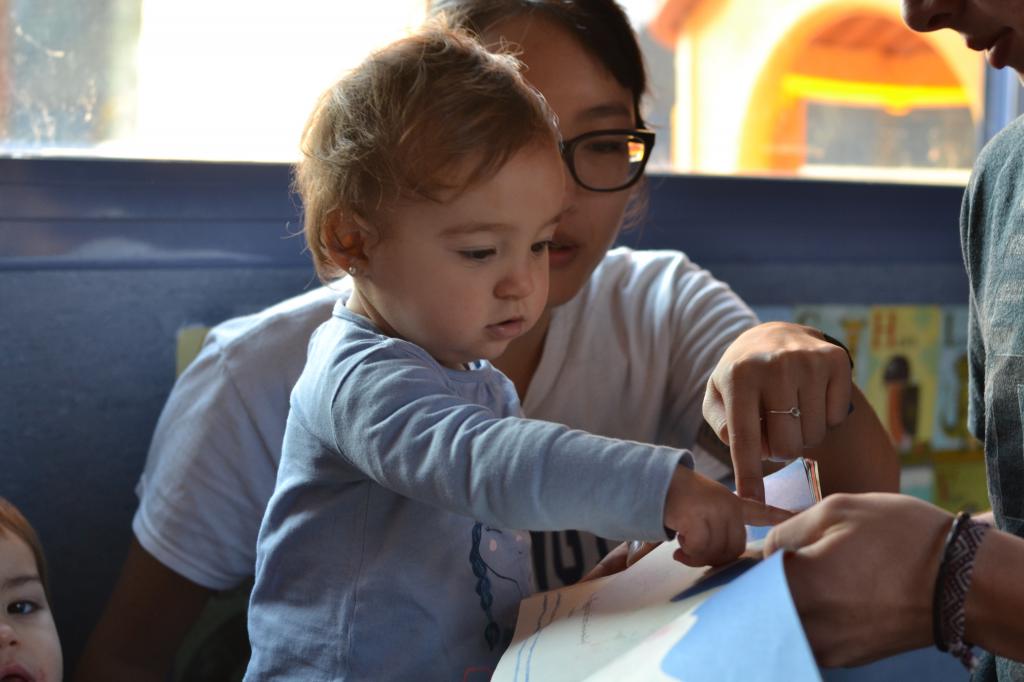
When children go for examination
In practice, it turns out that the earlier developmental disorders are identified and the appropriate qualified assistance is provided, the better the result. Some features of the formation disappear without a trace, with proper work on their elimination by all interested parties.
Often, missing the opportunity to correct certain skills in the child’s childhood, parents are faced with regular problems at school. X comes when you want or not, but you have to solve the accumulated problems. True, the correction process is already not so painless and smooth, and the result can not always be estimated as excellent. This is due to missed sensitive periods, many of which occur precisely in the preschool childhood of the baby.
Therefore, the passage of the PMPC commission in kindergarten will either help identify existing problems, or simply states the harmonious development of the child, and sometimes giftedness in certain areas. It is no secret that gifted children require less attention than children with developmental problems, and a special approach to education and training is simply necessary.

Which specialists are part of
Depending on the territorial affiliation, there are commissions staffed differently, but the minimum requirements are always the same. Naturally, in cities with a population of over one million people there is the possibility of organizing an expanded composition of the PMPK, but a personnel problem arises in smaller settlements.
Therefore, more often there are commissions staffed only by key specialists with the obligatory presence of a chairman. In practice, this option is more common, therefore, documents for submitting a child for examination have to be collected longer.
The expanded composition of the PMPK commission - what is it? This wording implies the presence of narrow-profile doctors (pediatric psychiatrist and neurologist, endocrinologist, ENT specialist, etc.) except specialists in the psychological and pedagogical sphere of activity. A lawyer may also be present.
The minimum composition of the PMPK commission - what is it? Usually includes the chairman of the commission, psychologist, speech therapist (speech), defectologist (teaching skills), typhlopedagogue (eyesight), oligophrenopedagogue (intellectual development), sound educator (hearing), social educator, as well as the possibility of a psychiatrist, educator, lawyer. A feature of such a commission is the requirement to submit a certificate of health of the examinee from narrow-profile doctors (those who are not on the staff) to draw up a general picture of the condition of the child.
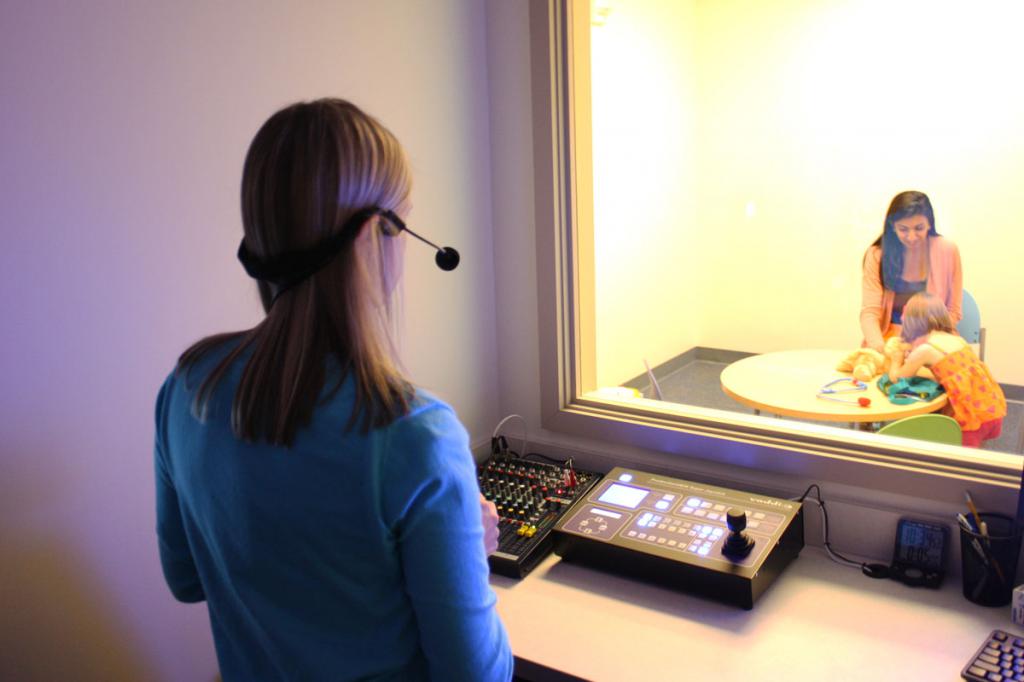
Documents required for passing the commission
The list for the initial examination of a minor is not much different from the secondary:
- It is mandatory to submit documents proving the identity of the child and parents (passport and birth certificate, as well as copies thereof) or a copy certified by a notary.If the examination occurs in the presence of a close relative, a power of attorney for this person and a passport are required.
- The direction of the organization (educational, social or medical) to PMPK, if any. In the case of independent treatment of parents, this document will not be.
- An extract from the history of the child's early development is mandatory. An anamnesis is made on its basis.
- If the baby was observed by narrow-profile doctors, their conclusions on the state of health at the time of the examination are required.
- The specialists of the educational institution compile a comprehensive description of the PMPK commission. It comprehensively describes the achievements and problems of the child, his current level of development, etc.
- Mandatory for presentation are samples of independent productive activity of the subject (drawings, notebooks, products from different materials, etc.).
- If there are conclusions of specialists who have previously examined the child (or the schoolchildren passing the PMPC commission in the kindergarten), they are presented without fail.
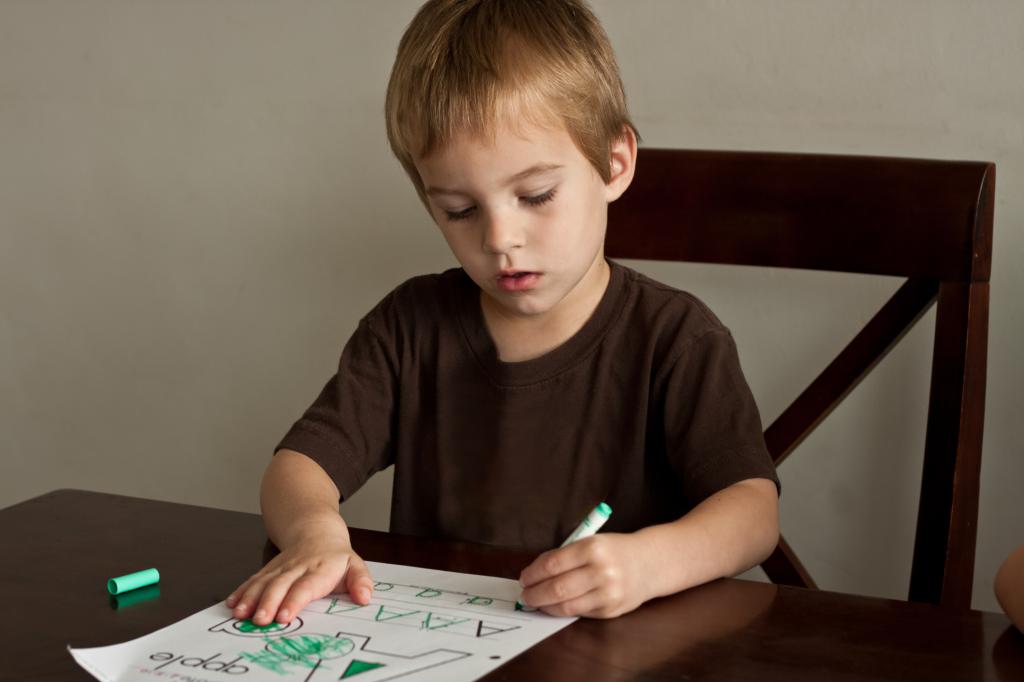
Methods and duration of the examination
Diagnostic activity of the PMPK commission - what is it? Examination methods and the duration of the procedure directly depend on the child's age and well-being. Accordingly, the smaller the child, the less time he can hold attention. This also applies to painful conditions. Therefore, in order to get the conclusion of the PMPK commission, sometimes a minor has to undergo examination in several stages, or even for several days. It should be noted that all diagnostic parameters are strictly standardized, and non-standard situations are resolved collectively.
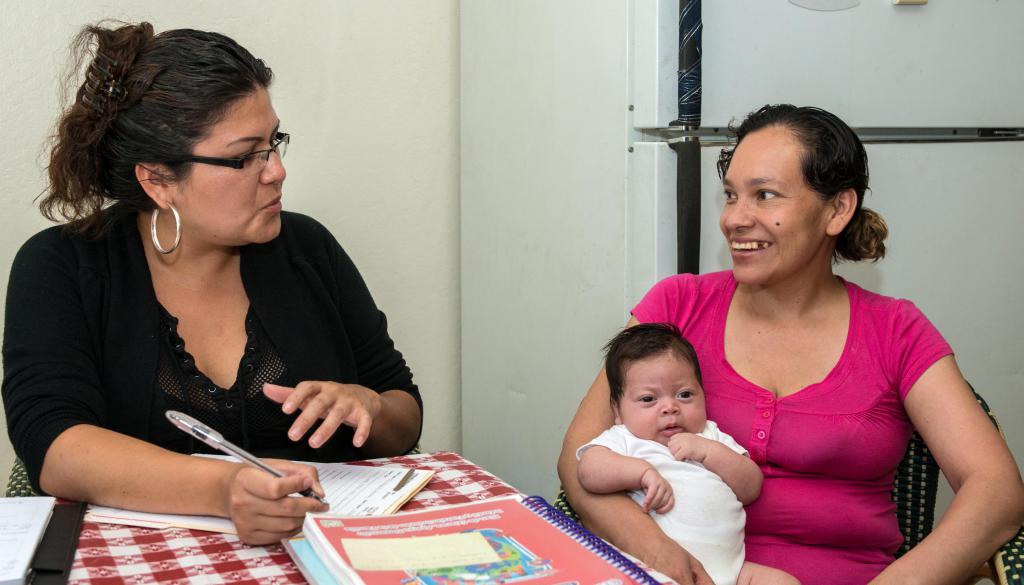
The role of parents in the examination process
The main thing that should be remembered by the legal representatives of the child: the possibility of examining the child, anywhere (except in court proceedings), is realized only with their written consent. Moreover, before the parent gets the expert’s opinion, they will have to repeatedly confirm their position on the diagnosis of a minor.
There is only one caveat: as a rule, understanding the necessity of the procedure, adults spontaneously interfere with the work of the commission. This happens due to ignorance and with excessive custody of the baby. Therefore, it is important to determine how to behave: at what distance from the child to be, how, without interfering in the process, support the baby, etc.
The conclusion of the commission: what is this document for?
Most often, children with different types of speech disorders are currently attracting attention. However, there are also such features of a state of health as a disturbance in vision, hearing, attention and memory. All these deviations from the norm can be accompanied by a variety of intellectual disabilities.
At the end, the conclusion of the PMPK commission is issued. What is it and what problems is it intended to solve? All documents submitted by the legal representatives of minors, as well as diagnostic cards filled out by the commission’s specialists, and the examination protocol are stored in the child’s personal file. Considering the results of the study and the data from the submitted documents, experts draw up a conclusion on the degree of impaired development of the minor, his needs for organizing a special environment (especially relevant for children with hearing and vision impairment, musculoskeletal system) and the educational route.
Usually the recommended educational program is encrypted in the conclusion itself. Based on this document, home-based education, in specialized institutions, in an integrated classroom or inclusion may be assigned. If the parent does not agree with the conclusion, then draws up his will in writing (rejection of the recommended program) and the conclusion remains in the personal file. Only now the child’s problems do not disappear from this, unfortunately.
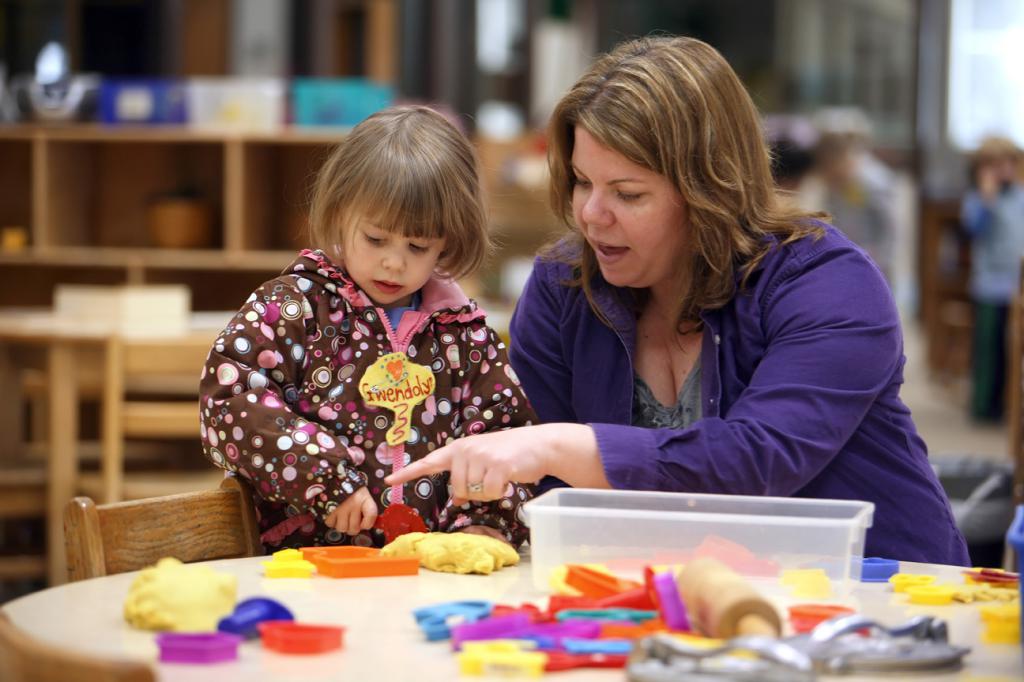
Conclusion
You can give a lot of recommendations about the correct behavior of parents before visiting the commission, during its passage and after. Given all the nuances and subtleties, this is the topic of a separate article. The only thing that cannot be taught is to perceive your child as he was born into this world. Love him for what he is. Only the parent’s ability to give warmth, affection and care will help the baby discover the world into which he came.
